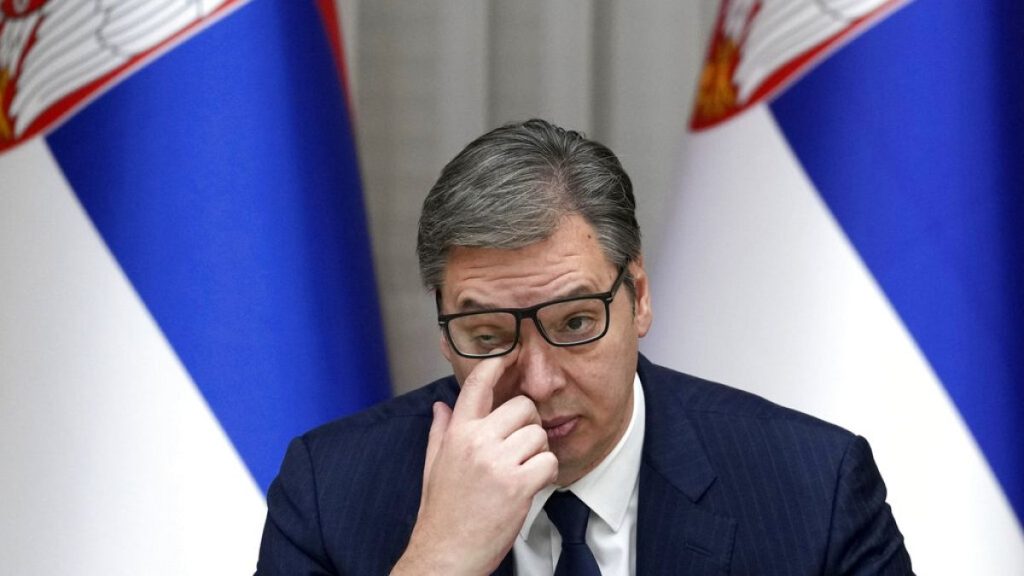Serbian President Aleksandar Vucic issued an apology for calling Slovenians “disgusting” on Wednesday, specifying that he was only referring to their politicians. Vucic explained that his comment was made in response to what he perceived as anti-Serbian policies and statements coming from Slovenian politicians. He emphasized that he holds the Slovenian people in high regard and has personal connections to the country, including friends and family residing there.
Vucic’s apology followed the controversial remarks he made about Slovenians, which sparked outrage and backlash. The Serbian president acknowledged that his choice of words was inappropriate and sought to clarify that his criticism was aimed solely at Slovenian politicians rather than the entire population. Despite the apology, the incident raised tensions between Serbia and Slovenia, highlighting the delicate nature of diplomatic relations between the two countries.
The apology from Vucic underscored the importance of maintaining respectful discourse and diplomacy in international relations. While disagreements and conflicts may arise between countries, it is crucial for leaders to exercise restraint and avoid making inflammatory remarks that can escalate tensions. Vucic’s acknowledgment of his mistake and attempt to rectify the situation signaled a willingness to move past the incident and foster better relations with Slovenia.
The incident also shed light on the complexities of political relations in the Balkan region, where historical tensions and rivalries continue to influence contemporary interactions. Vucic’s comment and subsequent apology served as a reminder of the sensitive nature of political discourse in the region and the need for leaders to approach disagreements with tact and diplomacy. By addressing the issue directly and offering an apology, Vucic took a step towards de-escalating the situation and rebuilding trust with Slovenia.
Overall, President Aleksandar Vucic’s apology for calling Slovenians “disgusting” highlighted the challenges and responsibilities that come with holding a position of leadership in international politics. As tensions between Serbia and Slovenia simmered in the wake of the incident, Vucic’s attempt to clarify his remarks and extend an olive branch to the Slovenian people demonstrated a commitment to maintaining peace and stability in the region. Moving forward, it will be important for both countries to engage in constructive dialogue and work towards resolving any underlying issues that may have contributed to the controversy.


